Rural industries play an important role in rural economic development, contributing to job creation, income increase, and improvement of people's lives. Functional sectors and localities in the province have been implementing solutions to develop rural industries in the direction of multi-value integration, based on the potential and advantages of natural conditions and socio-economic conditions, ensuring green growth, production according to value chains, application of new science and technology, contributing to protecting the landscape and rural environment.
Bio Gold high-tech agricultural production cooperative, Thanh Uyen commune, Tam Nong district applies techniques and technology in producing products from cordyceps mushrooms.
Promote potential and advantages
Rural industry activities in the province are divided into 5 groups of industries, including: Processing and preserving agricultural, forestry and aquatic products; production of handicrafts; processing and handling of raw materials for rural industry production; production and trading of ornamental plants; services for production and life of rural residents.
The province currently has over 17,000 production and business establishments in rural industries and craft villages. Total revenue from rural industry activities reaches over 8,500 billion VND/year, of which the service industry group serving production and rural people's life accounts for about 50% of total revenue; the group of processing and preserving agricultural, forestry and fishery products accounts for nearly 30%.
Through support programs and policies of the Central and the province such as: Local industrial promotion, trade promotion, vocational training for rural workers, preferential credit... many establishments and production units in rural areas have been supported to develop production and business. The activities of rural industries have contributed to improving the material and spiritual life of people, promoting traditional cultural identity in rural areas, making important contributions to socio-economic development and new rural construction. In particular, the implementation of the "One Commune One Product" (OCOP) Program has created motivation and conditions for localities and people to pay attention to preserving and developing traditional industries and craft villages. Thereby, creating many services and products with high designs, quality, and commercial value, forming groups of local and regional specialties. By the end of 2024, the whole province will have over 300 OCOP products meeting 3-star standards or higher.
In Cam Khe district, rural industries provide jobs for about 6,000 workers. To improve the effectiveness of rural industry development, the district maintains and develops traditional craft villages such as Sai Nga conical hat village, Du Ba carp village, Thuy Tram red carp production village, Thach De agricultural product processing village... associated with brand building; supporting training to improve workers' skills, supporting production facilities and craft villages to improve product quality, participating in the OCOP Program...
Comrade Nguyen Cong Chinh - Deputy Head of the District Department of Agriculture and Rural Development said: “Vocational training for workers in craft villages and production facilities is focused on equipping workers with basic knowledge during their work. Training, technical guidance, and application of science and technology are focused on through industrial and agricultural promotion programs, new rural construction, etc. Every year, typical products of production facilities and craft villages are selected to participate in trade promotion programs and fairs to display and introduce products. Through that, many craft villages have found stable markets for their products, initially building the brand of craft village products”.
Currently, rural industries are gradually shifting from small-scale, traditional to commodity-oriented development, developing new, high-quality products, receiving investment and support from the State, applying science and technology, investing in machinery to support production, so that products are of higher quality. Along with that, promoting trade, supporting production facilities to participate in fairs and exhibitions helps find outlets for products.
However, the development of rural industries in the province still faces some difficulties such as: Production and business establishments are mainly small-scale households, lacking linkages, low efficiency, and have not fully exploited their potential and advantages. Products are not diverse, competitiveness is low, especially for handicraft products; equipment and technology do not meet the requirements of commodity production... Therefore, to maximize the potential and advantages of rural industries, it is necessary to develop industries associated with innovation, application of scientific and technological advances in production and business, and formation of production links.
Duc My soy sauce production village, Cao Xa commune, Lam Thao district focuses on improving quality and expanding consumption markets.
Synchronize solutions
Comrade Vu Quoc Tuan - Head of the Department of Rural Development said: Developing rural occupations, preserving and developing traditional occupations and craft villages is of special importance to the economic restructuring and rural socio-economic development. Concentrating resources on developing rural occupations helps to exploit the potentials and advantages of the locality, improve the quality, value and competitiveness of products associated with the process of economic restructuring, labor structure, increase income for rural people and preserve national cultural identity.
Currently, agricultural production and rural economy are developing in the direction of commodity production; applying machinery, technological equipment, upgrading production facilities, business sectors, and requirements for brand building, intellectual property... requiring a long-term orientation for rural industry development.
The Provincial People's Committee has issued Plan No. 4362-KH/UBND, dated November 6, 2023, on implementing the Strategy for Rural Industry Development in Phu Tho Province to 2030, with a vision to 2045. The target by 2030 is that the growth rate of rural industries will increase by 6-7%/year; the rate of trained workers in rural industries will be 80% or more, of which the rate of trained workers with degrees and certificates will be 35% or more; planning to develop concentrated and stable raw material areas to meet 70% of the demand for rural industry development. With a vision to 2045, rural industries will be a key activity, creating jobs and increasing income for rural workers; promoting the development of rural industries in a sustainable, multi-value, smart, and environmentally friendly direction, associated with building a green, clean, and beautiful rural space; preserve and promote cultural, historical and traditional values of localities.
The proposed synchronous solutions include: Strengthening leadership, direction, information and propaganda; orientation for each group of rural industries; innovation, improving operational efficiency and replicating effective forms of production organization; preserving and developing craft villages; promoting trade, developing consumer markets and building product brands; protecting the environment associated with developing agricultural, rural and craft village tourism; building and developing concentrated raw material areas; training and developing human resources; mechanisms and policies to support the development of rural industries.
Implementing the Plan, sectors and localities clearly identify key and advantageous industries to prioritize investment and development, meeting the requirements of commodity production associated with consumer markets, forming products with strong brands. At the same time, link the development of craft villages and industries with exploiting tourism potential, creating positive changes in the economic structure and labor in rural areas.
Nguyen Hue
Source: https://baophutho.vn/phat-trien-da-dang-nganh-nghe-nong-thon-224918.htm


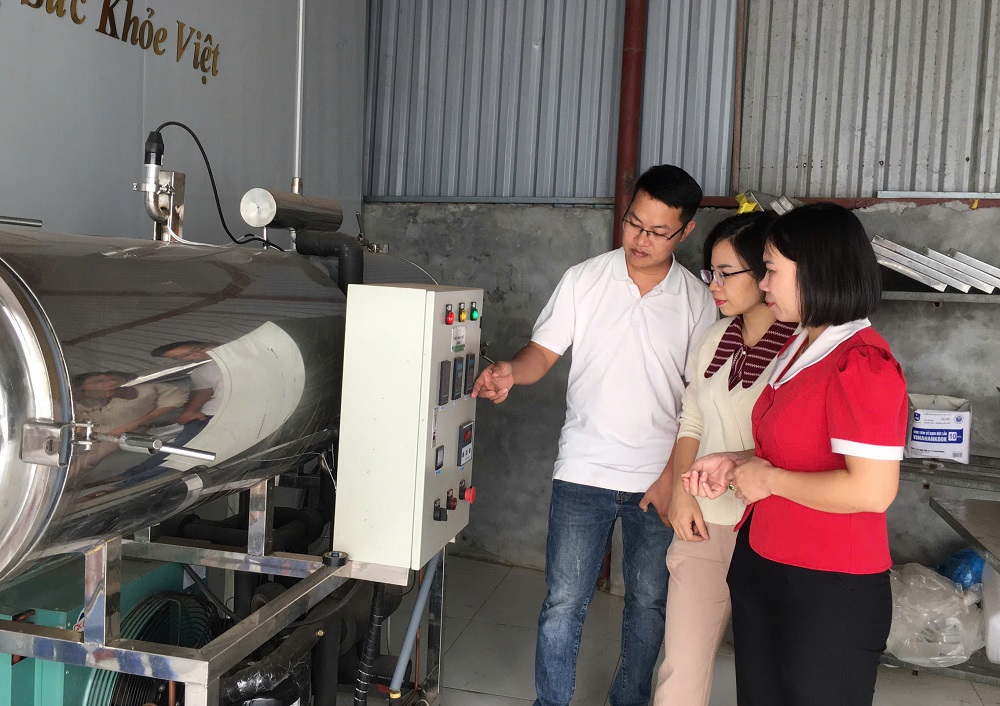
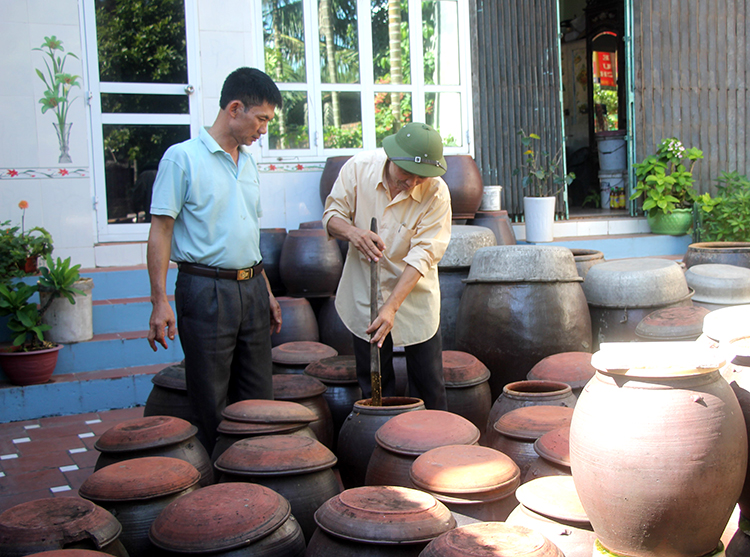
![[Photo] Prime Minister Pham Minh Chinh chairs meeting on US imposition of reciprocal tariffs on Vietnamese goods](https://vstatic.vietnam.vn/vietnam/resource/IMAGE/2025/4/5/9b45183755bb47828aa474c1f0e4f741)


















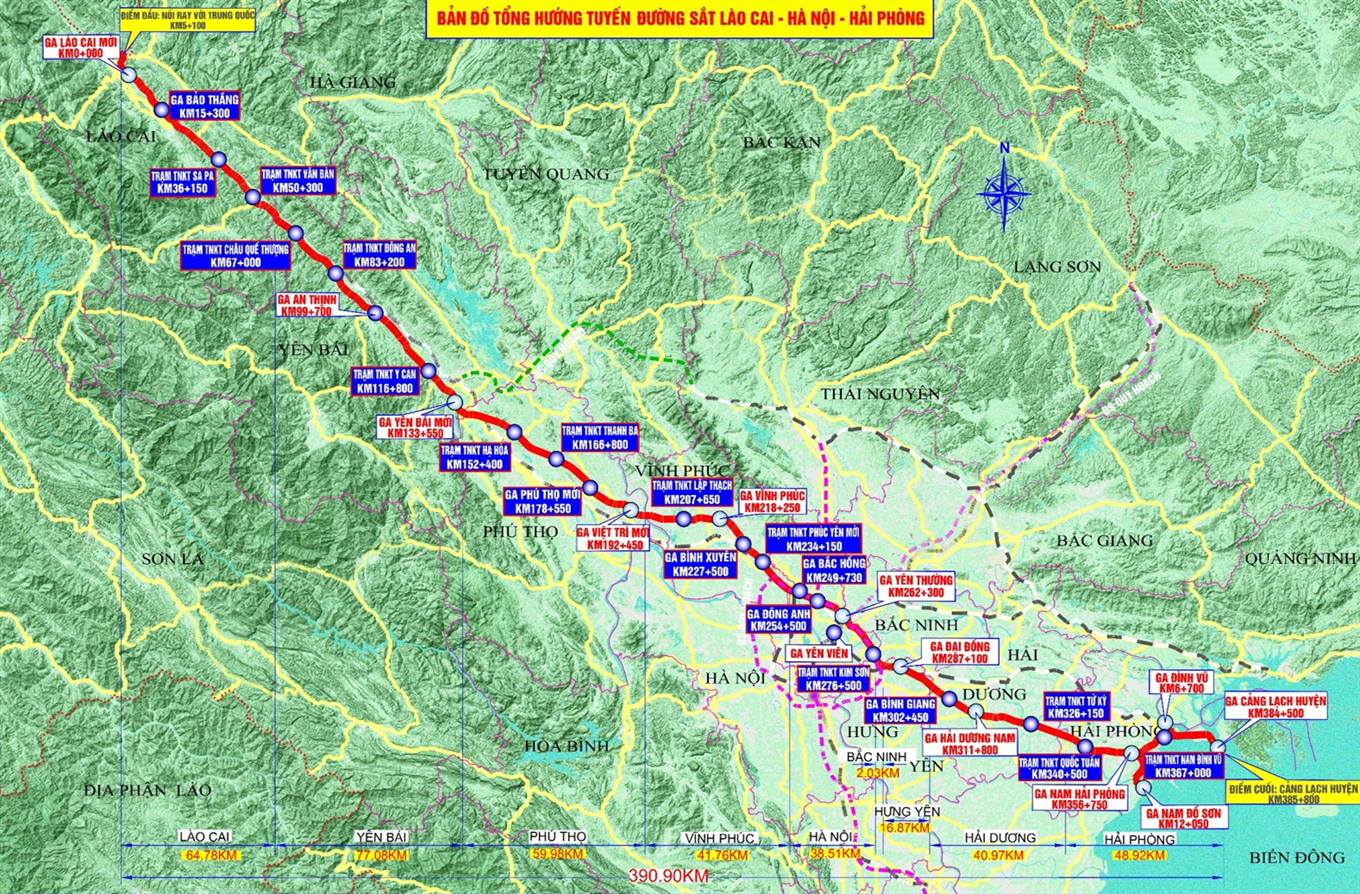
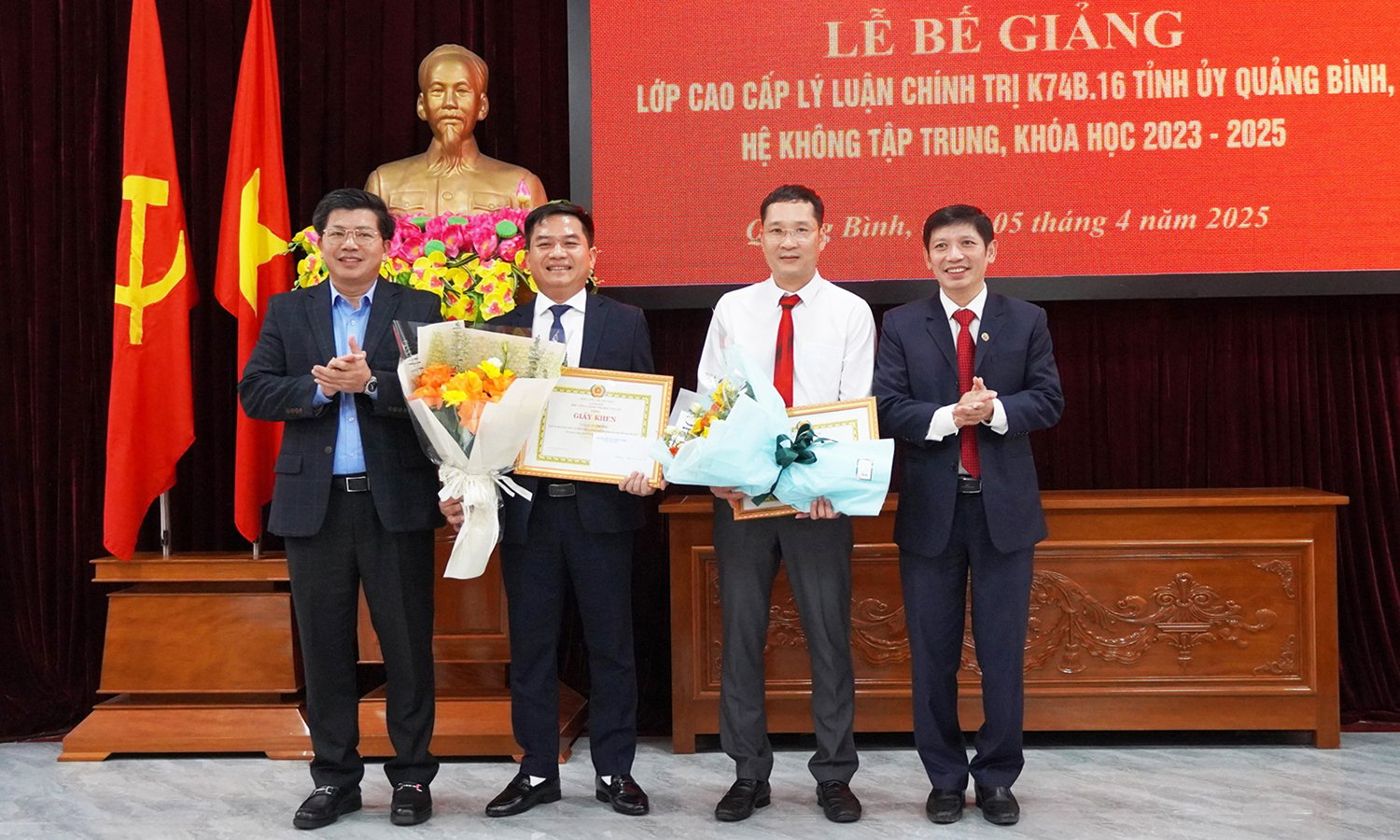




![[Photo] Hanoi flies flags at half-mast in memory of comrade Khamtay Siphandone](https://vstatic.vietnam.vn/vietnam/resource/IMAGE/2025/4/5/b73c55d9c0ac4892b251453906ec48eb)

![[Photo] Dong Nai people warmly welcome the forces participating in the parade](https://vstatic.vietnam.vn/vietnam/resource/IMAGE/2025/4/5/ebec3a1598954e308282dcee7d38bda2)









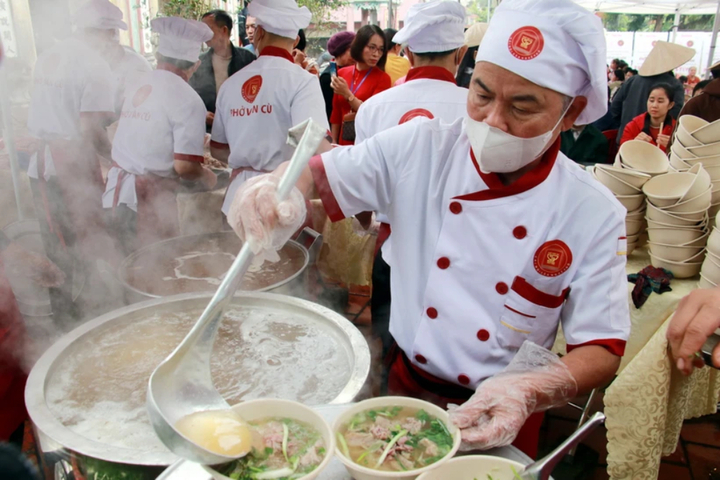





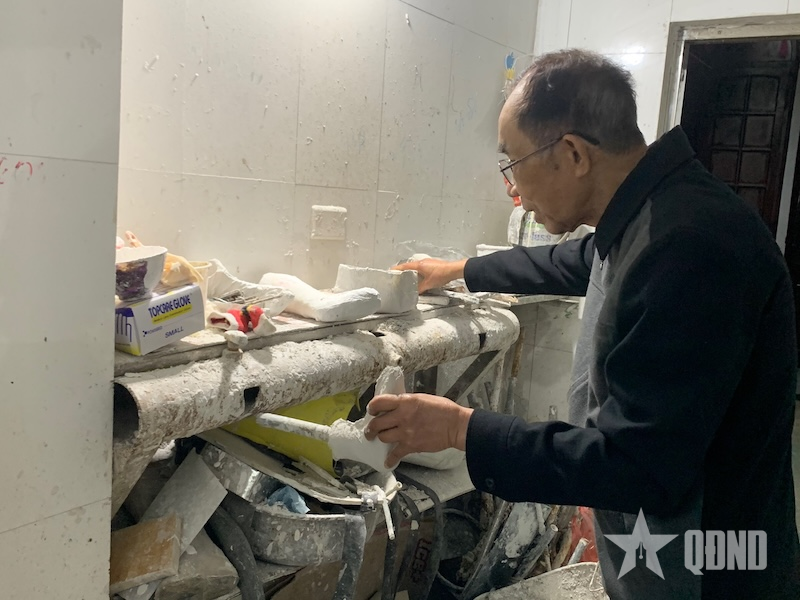





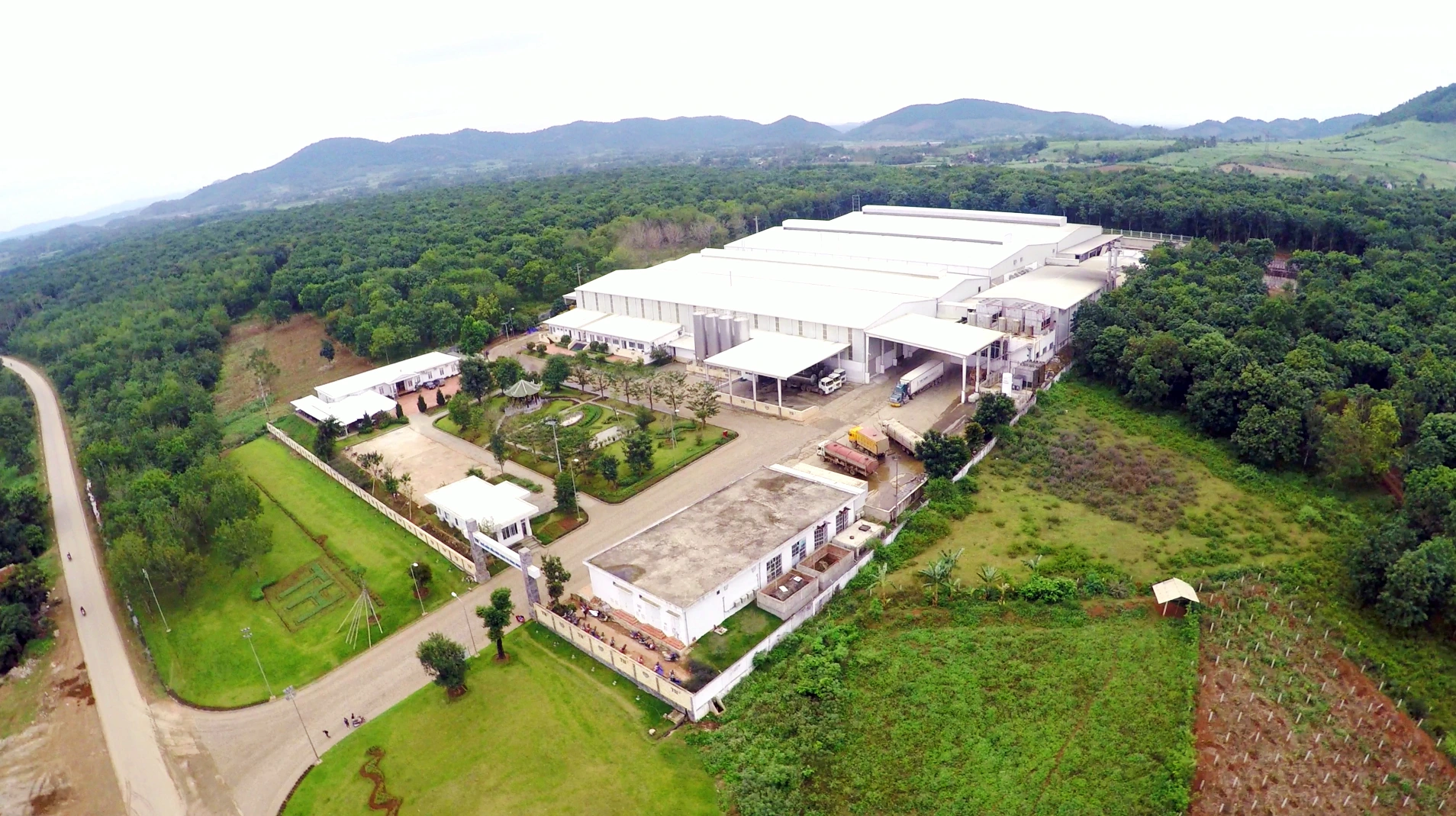






















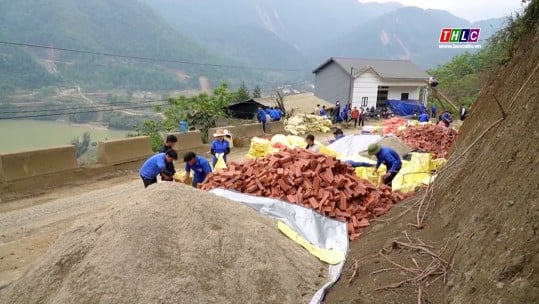
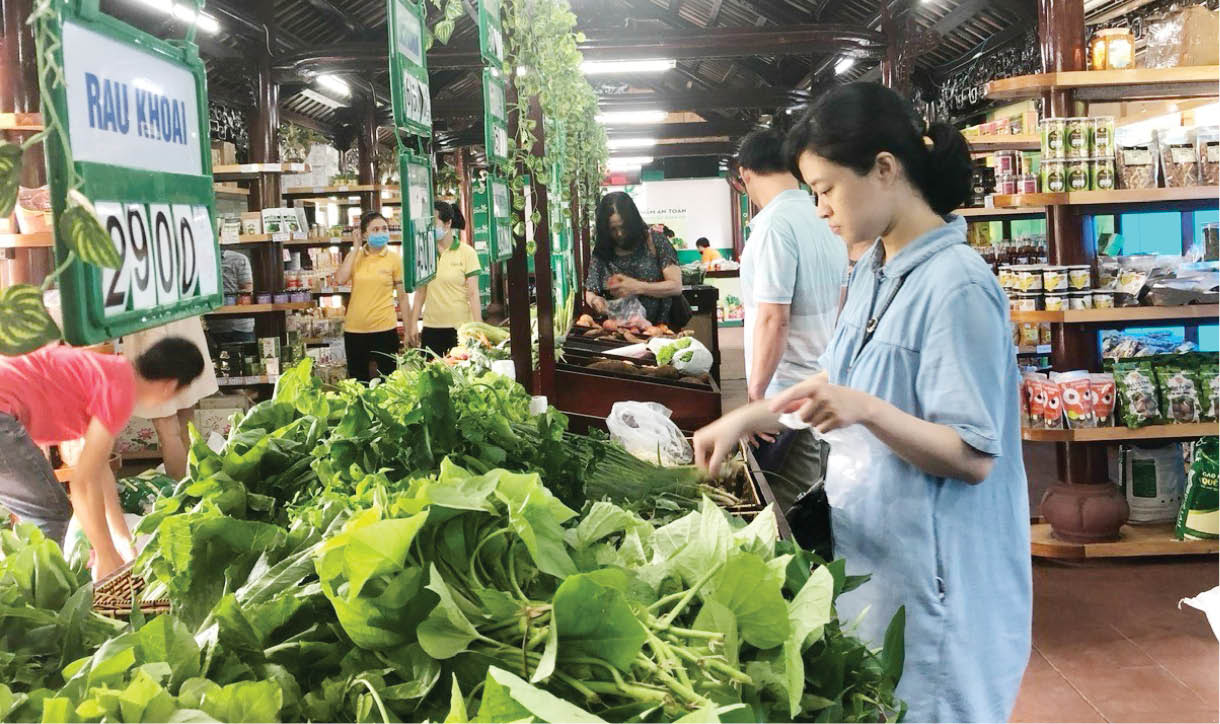


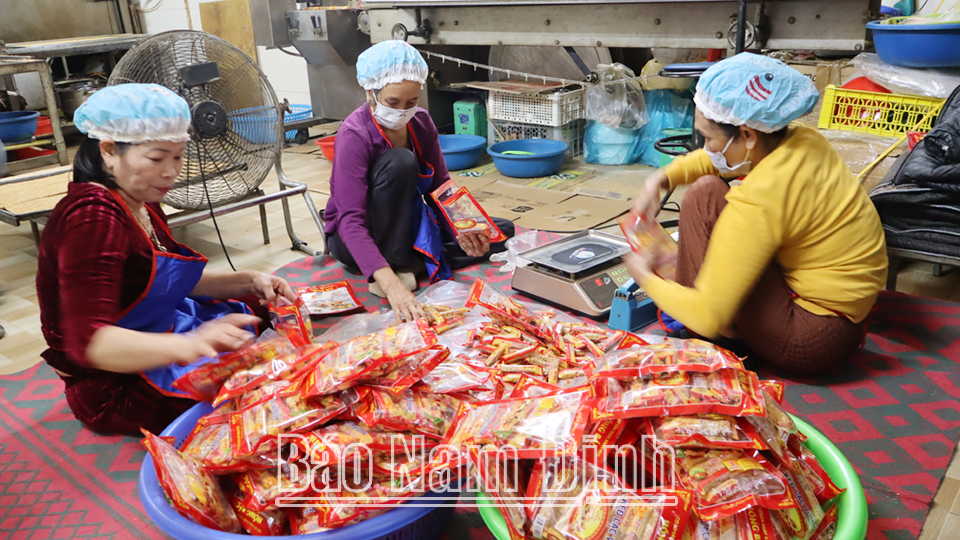

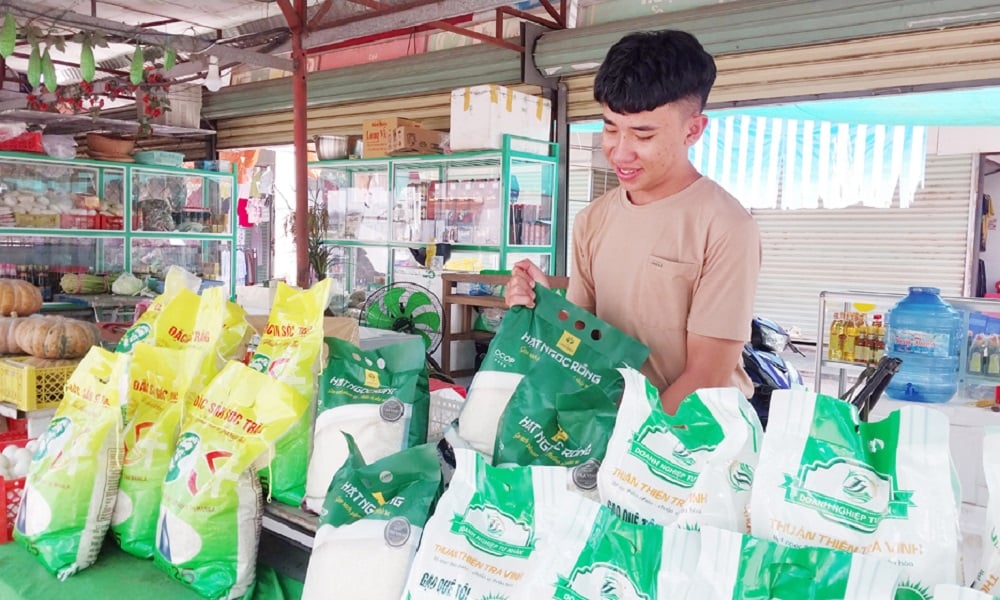



Comment (0)